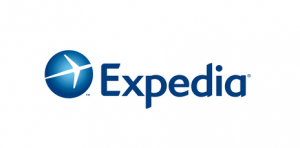
The article lists down tools & methodologies used for testing Expedia mobile apps (both mobile web & native).
Test-driven Development (TDD)
- TestNG: TestNG is a unit testing framework similar to JUnit. Apart from unit tests, TestNG can also be used to cover other categories of tests such as functional, end-to-end, integration etc.
- EasyMock: It is, primarily, used for mocking and custom solution for stubbing. As a mocking framework, EasyMock provides mock objects for interfaces by generating them on the fly using Java’s proxy mechanism.
Automated Acceptance Testing
- Frank (iOS): Frank, primarily, allows you to write and execute automated acceptance tests (using Cucumber) against your iOS application to verify its functionality. Simply speaking, Frank could be seen as ‘Selenium for iOS apps’. It is an open-source tool and can be downloaded from following github page.
- Calabash (Android): Calabash is an automated acceptance testing tool used for testing android apps. It is based on cucumber. Calabash, actually, can be used to test both android and iOS native apps. For more details, check the Calabash homepage. It is an open-source tool and can be downloaded from following github page.
Behavior-driven Development (BDD)
- Cucumber: Cucumber is a BDD framework used for doing automated testing.
- Jasmine: Jasmine is a BDD framework for testing Javascript code in the mobile web version of Expedia.
- Selenium-Webdriver: Selenium-webdriver is used to test mobile web version of Expedia.
[adsenseyu1]
Latest posts by Nidhi Rai (see all)
- Book: First principles thinking for building winning products - April 19, 2022
- Free AI / Machine Learning Courses at Alison.com - November 16, 2021
- 12 Weeks Free course on AI: Knowledge Representation & Reasoning (IIT Madras) - November 14, 2021
I found it very helpful. However the differences are not too understandable for me